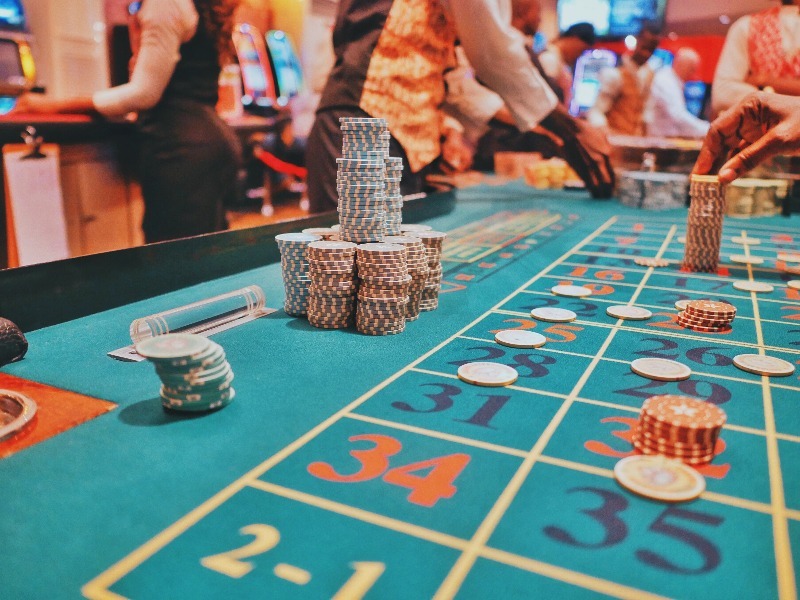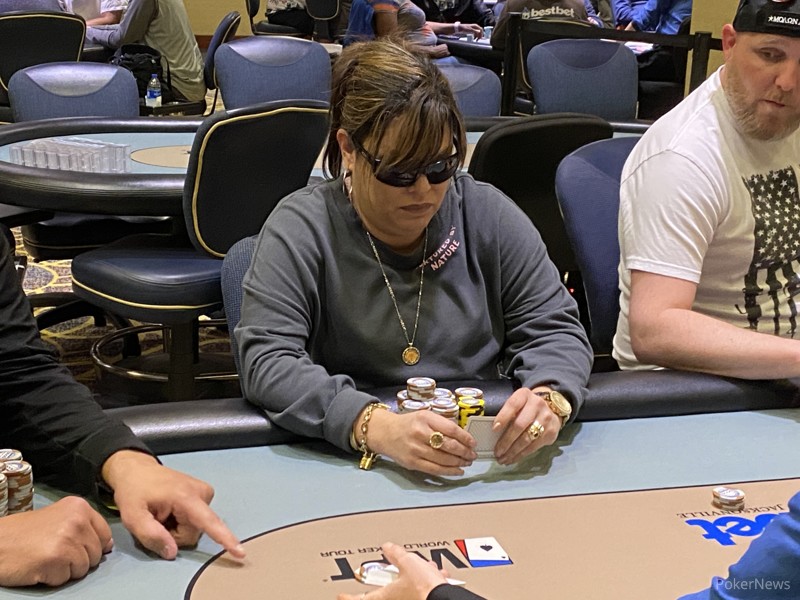Gambling has been a form of entertainment and recreation for centuries, captivating individuals with the thrill of chance and the possibility of winning big. Online gambling has gained significant popularity as our world becomes increasingly connected, bringing this age-old practice to the digital realm. However, beyond the excitement and allure, a complex relationship exists between gambling and the human brain. In this article, we dive deep into the fascinating ways gambling affects the brain, exploring the impact of gambling addiction, the rise of online gambling, the influence of gambling in popular cultures, such as gambling anime, and the high stakes involved in this intricate dance between the mind and gambling.
The Science Behind the Thrill
The human brain is wired to seek pleasure and reward, and gambling taps into these fundamental neural pathways. When we engage in gambling activities, various brain regions, such as the mesolimbic pathway, are activated, releasing a surge of neurotransmitters like dopamine. Dopamine, often called the “feel-good” chemical, is crucial in our brain’s reward system. It creates a sense of pleasure and motivates us to seek similar future experiences.

